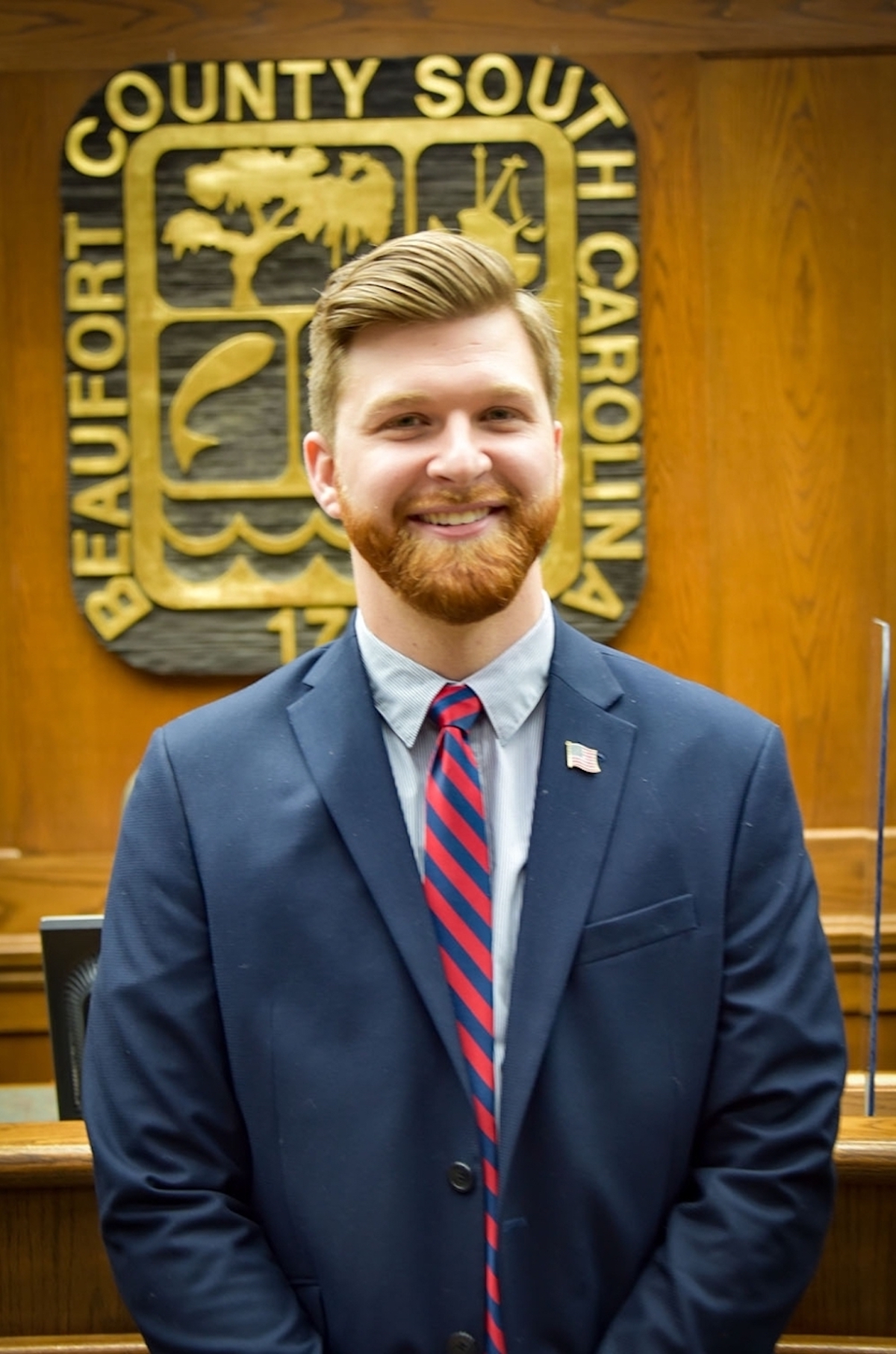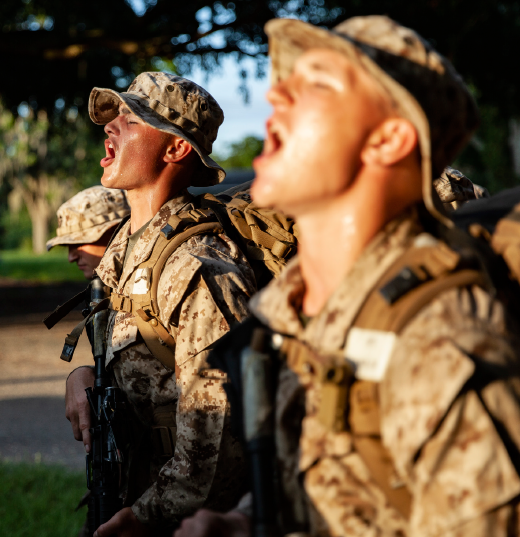Giving a superior sound and tactful professional advice, even when you know he or she does not want to hear it is leadership. After you have given your best advice, following all legal, moral, and ethical orders, even when you do not agree with them is leadership.
Leading when you can; following when you should; and getting the hell out of the way, when you have nothing to offer is leadership. Learning the language, culture, and customs of a host or partner country (and customer country and your employees) is leadership.
A general or admiral who knows the friendly and enemy situation, knows the immediate action (unjam and clear) for his or her rifle, and knows his or her enlisted aides’ first names and family situations is leadership.
A private or seaman (or civilian employee) who knows that he or she is in the chain of command and may have to take over when senior in rank is leadership. Knowing that a water truck in the desert is worth more combat power that an extra armored cavalry regiment is leadership.
Leadership is not being right all the time, and it is certainly not being wrong most of the time. Leadership is not reluctant to get dirty, hot, cold, or physically tired with his troops (and employees).
Leadership is not forgetting that the past is our heritage, the present is our challenge, and the future is our responsibility. Leadership knows that combat or tariffs without conscience is not leadership.
Leadership is saying no to drugs, not smoking, and not drinking alcohol in excess. Staying in top physical condition is leadership.
Displaying knowledge, managing resources efficiently, and planning beyond the immediate requirements of assigned duties is leadership. Creating an organization of mutual respect is leadership. Building an organization and environment where it is not necessary to tell military men and women or employees what to do is leadership.
Leadership fixes problems – not blame. Leadership is delegating authority, commanding confidence and respect, and accepting full responsibility for your actions.
Leadership is ingenuity, sociability, tact, and tenacity. Leadership is cross training. Leadership is adaptability, appearance, cooperation, and decisiveness.
Good leadership is guiding. Leadership is legendary. Leadership is foresight. Leadership is absorbent, abstinent, and, unfortunately, at times it is abominable.
Leadership is baccalaureate, balanced, basic, and too frequently backward and barbaric. Leadership has saved lives, killed, stopped wars, and started wars. Leadership has walked softly and carried a big stick, but it has also been loud and nonviolent.
Good leaders know why concentration of combat power is important. A true leader knows about defense-in-depth and the advantages our forces have at night, and how to use them.
A wise leader knows that young military men and women spend most of their time worrying about and planning tactics, while older more experienced troops and employees spend the majority of their time worrying about and planning logistics.
Leadership can be good or bad, centralized or decentralized, warm or cold, offensive or defensive, macro or micro, or expensive or free. Leadership can be Catholic or Protestant, Jewish or Muslim, Hindu or Mormon, or Atheist or Agnostic.
Good leaders prevent over mobility of junior leaders and troops, by keeping them in their jobs long enough to learn their jobs and their common and collective tasks, and to work as team members. Establishing and promoting individual skill certification, team certification, and vendor certification programs and leadership.
Leadership provides their troops (and employees/contractors) with plenty of clean water and hot food. Leadership keeps their troops as comfortable and safe as possible. Leadership keeps their troops clean, supplied, informed, and vaccinated against disease. Leadership keeps military and civilian employees from becoming depressed, harassed, and suicidal.
Good military and civilian leaders hope and pray for the best but plan for the worst. Leaders know about the need to wage “total war” to win. Good military and civilian leaders know the special advantage the defender has in cities, mountains, tunnels, and jungles. Good leaders know to not keep Marine and Soldier weapons locked up and away from them, but rather train troops to live with a clean, safe, and serviceable weapon that they are an expert in.
Leadership is embodied in Martin Luther King Jr., Army Colonel Joshua Lawrence Chamberlain, President Abraham Lincoln, Marine Sgt. John Basilone, Pope John Paul II, Marine aviator Gregory “Pappy” Boyington, Jesus, Moses the Prophet, Roy P. Benavidez, Prime Minister Winston Churchill, Navy Seal Michael Mansoor, Mohammed the Prophet, and many other well-known figures.
Leaders also know that hundreds of thousands of the unknowns like Bubba Segrest, Dan Hickman, and Sam DeLoach are excellent leaders.
Leadership is not lying to, bullying, or attacking anyone who does not agree with you. Leadership does not abusively and unresponsively use social media to attack, threaten, or insult others. Using a lie or half-truth over and over again is not leadership.
Good leaders know the United States must always have a foreign policy that is constant in purpose and flexible in means. They also know to continue to support its allies, like Canada, Mexico, Great Britain, Australia, Germany, NATO, South Korea, and Israel, but America must end these huge blunders like sending huge armies to Vietnam, Iraq, and Afghanistan, especially when Special Forces, Special Operations, the Central Intelligence Agency (CIA), and State Department efforts are more likely to provide long run favorable results.
Good leaders also know that every hate filled group in the Middle East is seeking to focus their venom on us and the rest of the Western World, but as Rudyard Kipling warned (paraphrasing) – “A tombstone awaits westerners with the epitaph carved on it that says, ‘A fool lies here who tries to hustle the East (and South West Asia)!’”
To be continued next week.
Larry Dandridge is a retired Lt. Col. In the U.S. Army. He is a Vietnam War era wounded warrior, a combat and 100 percent disabled veteran, a former Infantryman, former Warrant Officer and pilot. Dandridge is also a past Veterans Service Officer, and a current volunteer Patient Adviser, CEO Advisory Council Member, and Patient and Family Advisory Committee Member at the RHJ VA Medical Center, as well as a published author and free-lance writer. He can be reached at LDandridge@earthlink.net.










